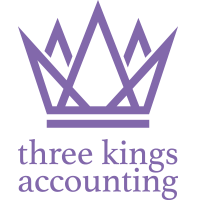Every new business should have a business plan. It is the key to success. If you need finance, no bank manager will lend money without a considered plan.
It is one of the most important aspects of starting a new business. Your plan should provide a thorough examination of the way in which the business will commence and develop. It should describe the business, product or service, market, mode of operation, capital requirements and projected financial results.
Why does a business need a plan?
Preparing a business plan will help you to set clear objectives for your business and clarify your thinking. It will also help to set targets for future performance and monitor finances and profitability. It should help to provide early warning for when you might need to reconsider the plan.
Always bear in mind that anyone reading the plan will need to understand the essentials of your business quickly and easily.
Contents
The business plan should cover the following areas.
- Overview
An overview of your plans for the business and how you propose to put them into action. This is the section most likely to be read by people unfamiliar with your business so try to avoid technical jargon. - Description
A description of the business, your objectives for it and how you plan to achieve them. Include details of the background to your business for example how long you have been developing the business idea and the work you have carried out to date. - Personnel
Details of the key personnel including yourself and any external consultants. You should highlight the skills and expertise that these people have and outline how you intend to deal with any weaknesses. - Product
Details of your product or service and your Unique Selling Point. This is exactly what its name suggests, something that the competition does not offer. You should also outline your pricing policy. - Marketing
Details of your target markets and your marketing plan. This may form the basis for a separate, more detailed, plan. You should also include an overview of your competitors and your likely market share together with details of the potential for growth. This is usually a very important part of the plan as it gives a good indication of the likely chance of success. - Practices
You will need to include information on your proposed operating practices and production methods as well as premises and equipment requirements. - Financial forecasts
The plan should cover your projected financial performance and the assumptions made in your projections. This part of the plan converts what you have already said about the business into numbers. It will include a cash flow forecast which shows how much money you expect to flow in and out of the business as well as profit and loss predictions and a balance sheet. Detailed financial forecasts will normally be included as an appendix to the plan. As financial advisers we are particularly well placed to help with this part of the plan. - Financial requirements
The cash flow forecast referred to above will show how much finance your business needs. The plan should state how much finance you want and in what form. You should also say what the finance will be used for and show that you will have the resources to make the necessary repayments. You may also give details of any security you can offer.
The future
Putting together a business plan is often seen as a one-off exercise undertaken when a new business is starting up.
However the plan should be updated on a regular basis. It can then be used as a tool against which performance can be monitored and measured as part of the corporate planning process. There is much merit in this as used properly it keeps the business focused on objectives and inspires a discipline to achieve them.
How we can help
We look forward to helping you put together your best possible plan for the future.


